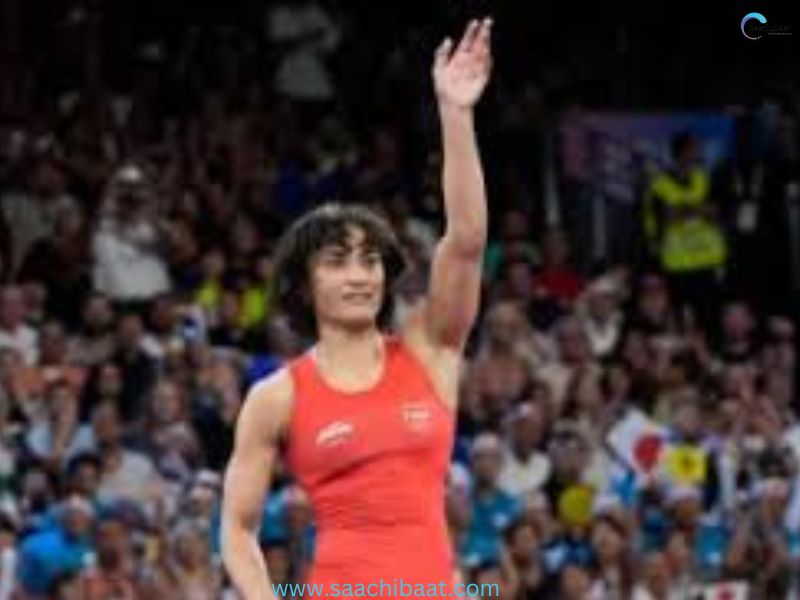In a recent turn of events surrounding Indian wrestling star Vinesh Phogat, questions are being raised about the competence and qualifications of the support staff involved in her preparation for the finals. Dr. Dinshaw Paridawala, a renowned orthopedic surgeon known for his expertise in sports injuries, has come under scrutiny for his role in managing Phogat’s weight reduction ahead of her crucial weigh-in.
Dr. Paridawala, despite his medical credentials, does not specialize in weight management, which is critical in sports with weight categories like wrestling. Phogat was found to be 2.70 kg overweight just before her final weigh-in, a scenario that should have been managed with precision and expertise. The failure to reduce this weight by the necessary margin of 100 grams ultimately led to her disqualification, a setback not only for Phogat but for India’s medal hopes in Paris.
Curiously, Dr. Paridawala’s involvement seemed absent in another high-pressure weight reduction case within the Indian contingent. Aman Sherawat, also a wrestler, faced a similar challenge of reducing 4.50 kg before his bronze medal match. Unlike Phogat, Sherawat’s weight reduction was successfully managed by coaches Jagmender Singh and Virender Dahiya, who were appointed by the Wrestling Federation of India under Sanjay Singh’s leadership. Sherawat not only made weight but also went on to win the bronze medal without showing signs of dehydration, weakness, or fatigue.
This stark contrast in outcomes raises several questions: Was the support staff provided to Vinesh Phogat qualified and experienced enough to handle such a critical aspect of her preparation? Moreover, why was there a disparity in the support offered to different athletes within the same contingent? The fact that Sherawat’s weight reduction was managed effectively by experienced coaches, while Phogat’s team fell short, suggests a failure in selecting the appropriate personnel for the task.
Phogat’s history of weight-related issues, including a similar incident in 2016 during the Rio Olympics qualifying events, further underscores the need for experienced and specialized staff to handle weight management in such high-stakes competitions. The fact that her personal choice of support staff may have contributed to her disqualification is a point of concern that demands thorough investigation.
Adding to the complexity is the involvement of private business houses and NGOs in Indian sports, which has led to concerns about these entities attempting to exert undue influence over national sports federations. The need for regulation and oversight of these private bodies is imperative to prevent them from becoming detrimental to India’s sporting ambitions.
While the government’s decision to support Phogat’s appeal to the Court of Arbitration for Sport (CAS) is commendable, this incident should serve as a wake-up call. The role of sports science in managing athletes, particularly in weight-sensitive disciplines, cannot be underestimated. Politicians and public figures, too, must educate themselves on the intricacies of sports science before making uninformed statements on public platforms.
In conclusion, while Vinesh Phogat’s disqualification is a matter of great disappointment, it is crucial to understand that the responsibility lies not just with the athlete, but also with those entrusted with her preparation. A detailed inquiry into this episode is necessary to ensure that such lapses do not recur, and that India’s athletes receive the support they need from qualified and experienced professionals.
××××××××××××××
Telegram Link :
For latest news, first Hand written articles & trending news join Saachibaat telegram group
https://t.me/joinchat/llGA9DGZF9xmMDc1




